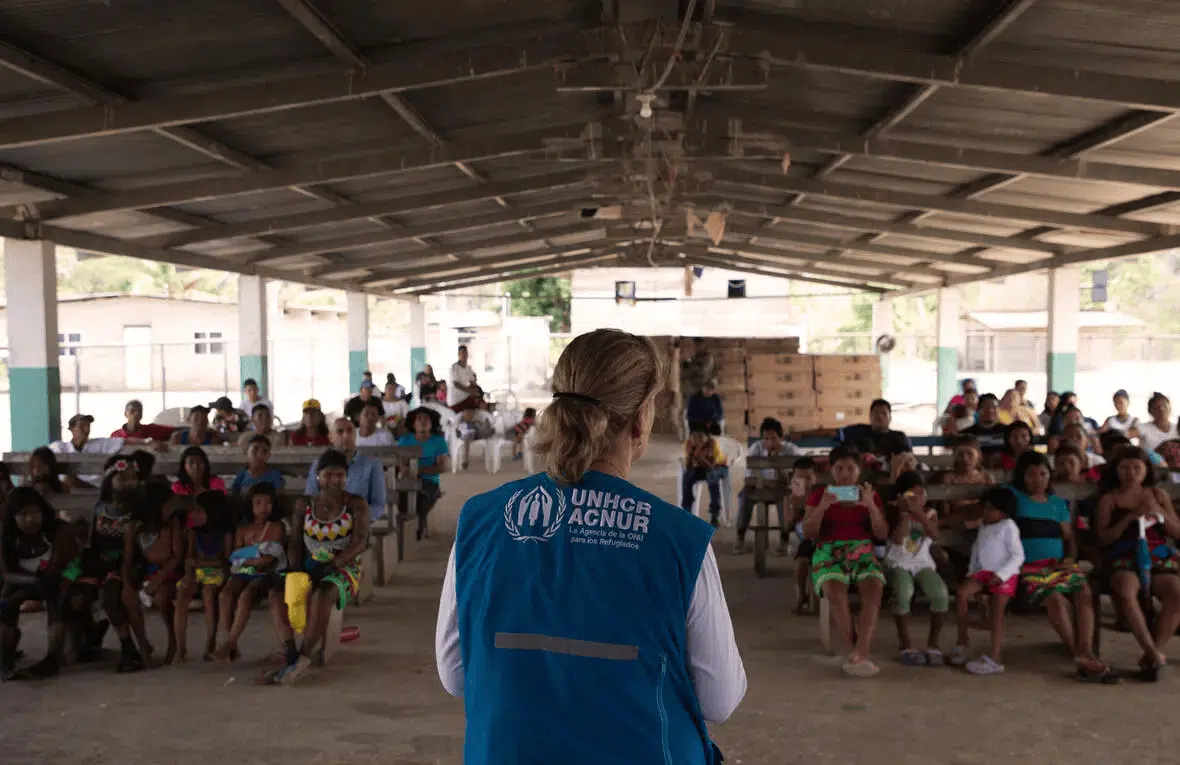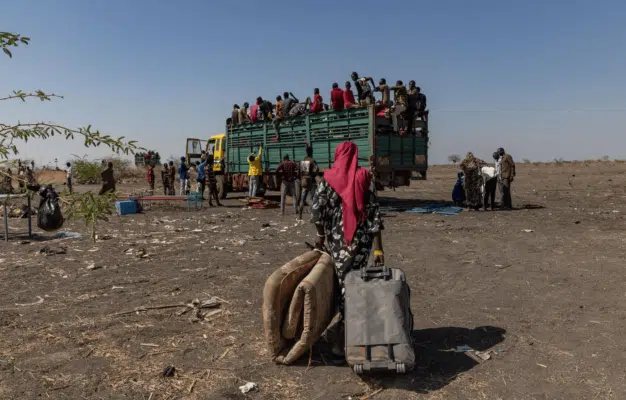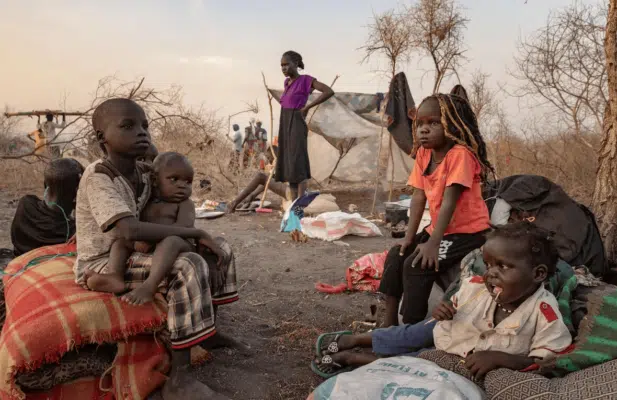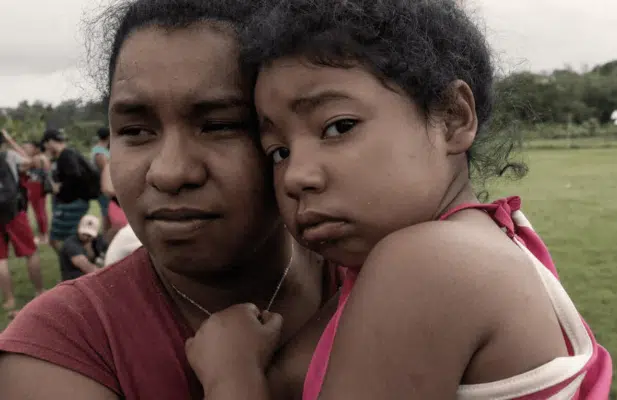
UN Deputy High Commissioner Kelly Clements during her visit to Panama’s Darien region, where over 150,000 refugees and migrants have arrived since the start of the year. © UNHCR/Melissa Pinel
PANAMA CITY – UN Deputy High Commissioner for Refugees Kelly T. Clements today appealed urgently for more support for countries in Latin America and the Caribbean, which host most of the 20 million forcibly displaced people in the Americas.
“While the increase in the number of people approaching the United States border has attracted a lot of attention, it is important to remember that most forcibly displaced people stay in Latin America,” said Clements. “We need to look not only at the destination countries of refugees and migrants, but also at the countries they come from and those they transit through. The challenges posed by the complex population movements in the Americas have to be approached from a comprehensive and collaborative regional perspective.”
Clements started her trip in Brazil, visiting Afghan refugees in Sao Paulo’s international airport and in one of the 11 shelters for Afghan families provided by the city’s authorities. In the northern state of Roraima, Clements met refugees and migrants as they crossed the border with Venezuela in search of protection and aid, and observed the humanitarian and integration response provided by Brazil’s “Operation Welcome” (Operacao Acolhida). Brazil currently hosts 623,000 recognized refugees, asylum seekers and other persons in need of international protection, including 459,000 from neighbouring Venezuela.
During her visit, Clements also met with private sector partners, government counterparts and other partners. “Brazil has shown exceptional leadership in the reception, inclusion and integration of refugees and migrants from Venezuela and other countries,” she said. “UNHCR is proud to be working closely with partners to address the main needs of people on the move and to provide solutions that will allow them to contribute to the development of the communities hosting them.”
In Panama, Clements visited the Darien region, where over 150,000 people have arrived since the start of the year, risking their lives by walking across the dense jungle in search of protection, safety and a better life. In the Darien, Clements also visited an Indigenous Panamanian community that hosts refugees from neighboring Colombia. In Panama City, she met with forcibly displaced persons from different nationalities who are using their skills and talents to rebuild their lives. “Panama is facing an unprecedented challenge to respond and protect people on the move,” Clements added. “For those already established in the country, integration through inclusion is key. For those on the move, UNHCR and partners support the government of Panama to provide humanitarian aid to the most vulnerable.”
“It’s crucial to continue supporting initiatives in Latin America that provide stability and solutions, such as increasing legal routes,” she said. “And while all of this is vitally important, we must not forget to address the root causes which lead to forced displacement. This means cooperation to prevent and resolve conflicts, but also urgent action to address the effects of climate change, improve governance, equality and respect for human rights.”
For more information, please contact:
- In Brazil, Miguel Pachioni, pachioni@unhcr.org, +55 11 988 75 3256
- In Panama, William Spindler, spindler@unhcr.org, +507 6382 7815
- In Geneva, Olga Sarrado, sarrado@unhcr.org, +41 797 402 307
- In Ottawa, Levon Sevunts, sevunts@unhcr.org, +1 613-286-6975





